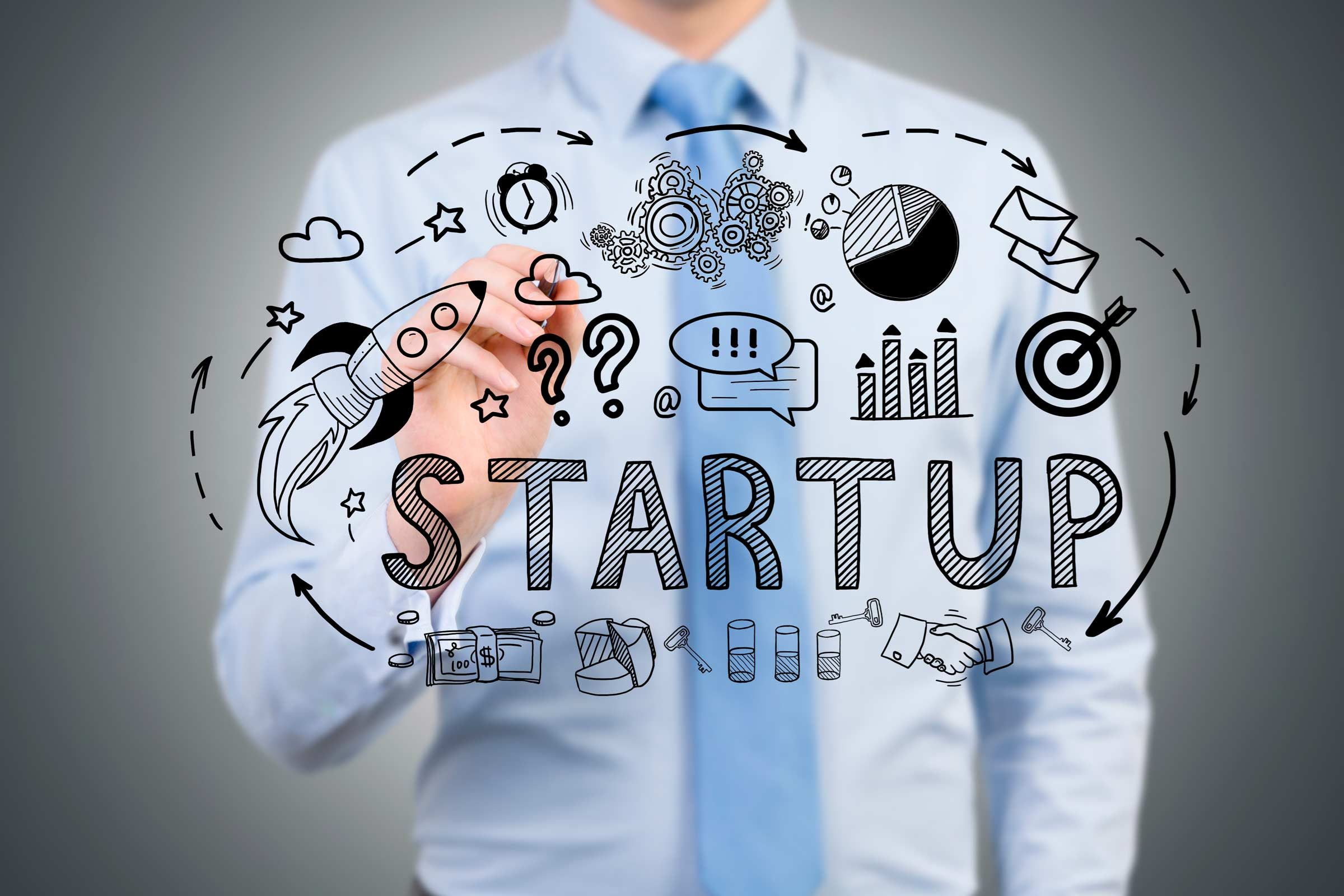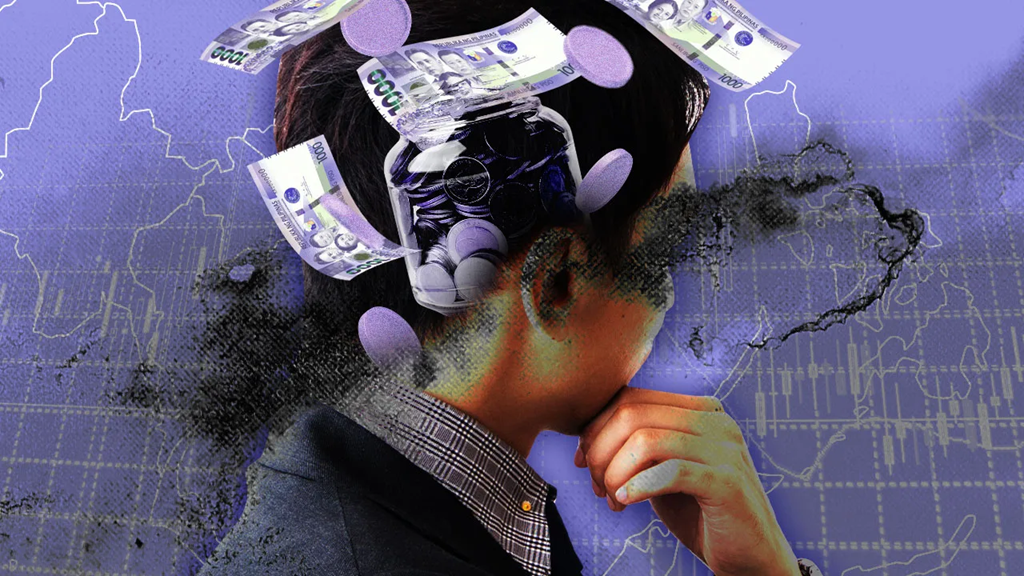In recent years, startups have played a critical role in transforming entire industries, challenging well-established companies, and creating new business models. These innovative and agile companies are adept at identifying gaps in the market and, through the use of technology and creativity, offering disruptive solutions. But how exactly are startups reinventing the market? And what can we learn from them?
1. What is a startup?

Before understanding how startups are changing the market, it’s essential to define what a startup is. This term refers to young, early-stage companies focused on solving specific market problems through innovation. Startups are known for their rapid growth, intensive use of technology, and scalable business models.
Characteristics:
- Innovation: Often bring innovative solutions to existing problems or even create entirely new markets.
- Accelerated Growth: They have the potential for exponential growth, often in a short period.
- Risk and Uncertainty: Since they experiment with new business models, they face higher risks compared to traditional companies.
- Technology: Startups frequently leverage new technologies to create competitive advantages and facilitate scalability.
2. Sectors impacted by startups
Several industries have been revolutionized by startups offering innovative products and services. Let’s explore some sectors being transformed by these companies.
2.1 Financial Technology (Fintech)
The fintech sector is perhaps the most notable example of how startups are reinventing the market. Companies like Nubank, Revolut, and Robinhood have challenged traditional banks by offering more accessible, faster, and customized financial services. With easy-to-use platforms, these startups allow customers to open accounts, request credit cards, and complete transactions without visiting a bank branch.
How fintechs are transforming the market:
- Cost Reduction: Fintechs often have lower operating costs than traditional banks, allowing them to offer financial services at lower rates or even free.
- Accessibility: Fintechs democratize access to financial services, making them available to a broader audience, including those without traditional credit access.
- Technological Innovation: Through AI, blockchain, and big data, fintechs can deliver faster and more efficient solutions.
2.2 Healthcare (Healthtech)
The healthcare sector, traditionally resistant to rapid changes, is being transformed by healthtech startups. With innovations like online consultations, remote patient monitoring, and wearable devices, these companies are revolutionizing how healthcare is provided.
Impact of healthtechs:
- Telemedicine: Startups like Conexa Saúde and Dr. Consulta introduced online medical consultations, improving access to quality medical care without travel.
- Remote Health Monitoring: Wearable monitoring devices enable patients and doctors to monitor chronic conditions like diabetes and hypertension in real-time.
- Artificial Intelligence: AI-driven diagnostics help improve the accuracy and speed of disease diagnosis, revolutionizing clinical care.
2.3 Urban Mobility
The urban mobility sector is another example of how startups are changing the market. Startups like Uber, Lyft, and BlaBlaCar have revolutionized how we move around cities, creating quicker, more affordable alternatives to traditional transportation.
Transformations in the mobility sector:
- Ride Sharing: Rideshare startups have reduced the need for car ownership for many individuals, making transport more accessible.
- Sustainability: With a focus on sustainability, some startups offer options like shared electric scooters and bikes, reducing the environmental impact of traditional transportation.
- Autonomy and Innovation: Autonomous vehicle startups like Waymo are developing self-driving technology that promises to revolutionize the future of transport.
2.4 Education (Edtech)
Edtech startups are reshaping the education sector, making learning more accessible, personalized, and interactive. Platforms like Coursera, Udemy, and Duolingo have democratized access to high-quality courses across various fields.
Contributions of edtechs:
- Online Education: The popularity of online courses has made learning more accessible for people worldwide, regardless of location.
- Personalization: Startups are using AI to create personalized learning experiences tailored to each student’s pace and needs.
- Gamified Learning: Educational platforms use gamification to make learning more engaging and motivating, especially for younger audiences.
2.5 Food and Delivery (Foodtech)
The food and delivery sector has been significantly impacted by foodtech startups that introduced innovations in how people order and receive food. Companies like DoorDash, Grubhub, and UberEats have streamlined access to quality meals with speed and convenience.
Key innovations from foodtechs:
- App-Based Delivery: Integrating restaurants and delivery platforms allows consumers to receive meals faster and more efficiently.
- Healthy Eating Options: Startups offer healthy, sustainable options like organic or plant-based subscription food services.
- Dark Kitchens: Dark kitchens operate solely for delivery orders (with no dine-in space), reshaping the food industry.
3. Disruptive business models

In addition to impacting specific sectors, startups have introduced new business models that challenge traditional approaches. Here are some of the main disruptive business models used by startups.
3.1 Freemium
The freemium model is widely used by software and digital service startups. It offers a free version of the product with limited features, encouraging users to purchase a paid version for advanced functionalities.
Example: Spotify allows users to listen to music for free but offers premium plans with benefits like ad-free music and greater control over playlists.
3.2 Shared Economy
The concept of the shared economy involves using on-demand goods and services, usually facilitated by a digital platform. This model offers greater efficiency and sustainability while reducing costs for users.
Example: Airbnb allows people to rent out their homes or apartments to travelers, challenging the traditional hotel market.
3.3 Subscription Models
Subscription models, especially for digital products and services, are gaining popularity. Content, software, and even physical products are offered through subscription plans to generate recurring revenue.
Example: Netflix offers video streaming by subscription, revolutionizing the entertainment sector by allowing users to access movies and series on demand.
3.4 Marketplace
The marketplace model connects buyers and sellers on a single platform. Many e-commerce startups, such as Amazon and eBay, use this model to offer a wide range of products without maintaining their inventory.
Example: Amazon allows third parties to sell products on its platform, offering countless options to consumers.
4. The economic impact of startups
Startups are not only innovating in specific sectors but also play a fundamental role in global economic growth. Let’s examine how these companies impact the economy on a broader scale.
4.1 Job Creation
Startups, especially those in the growth stage, are significant drivers of job creation. As these companies expand, they hire new talent, from software developers to marketing and sales professionals.
4.2 Boosting Innovation
Frequently create new technologies, products, and services that not only solve existing problems but also open new markets. This innovation drives the economy, improving efficiency and global competitiveness.
4.3 Attracting Investment
The startup ecosystem attracts billions in venture capital investment. These investments help finance startup growth and innovation, contributing to economic development and value generation in multiple countries.
5. Future trends

As startups continue to drive innovation and shift paradigms, several emerging trends are shaping the future of this ecosystem. Here are some of the most promising trends for the future of startups:
5.1 Sustainability
Startups are increasingly focused on sustainable solutions, offering products and services that help combat climate change and promote more ethical and sustainable practices.
5.2 Artificial Intelligence and Automation
The use of artificial intelligence and automation is expanding rapidly, with startups leading the way in areas like machine learning, process automation, and data analytics.
5.3 Personalized Experiences
Startups are increasingly focused on creating personalized experiences for consumers, using data and AI to offer tailored products and services.
Startups are reinventing the market by introducing disruptive innovations, transforming established sectors, and creating new business models. By combining technology, creativity, and agility, these companies have the power to change the future of business and shape a new global economy. For entrepreneurs and traditional companies, observing startup practices can offer valuable insights into how to innovate and thrive in a competitive environment.
Frequently asked questions (FAQ)
What is a startup?
Is a young company that aims to solve specific market problems through innovation and technology, often with rapid and scalable growth potential.
How are they changing the market?
Startups are revolutionizing various sectors, from financial technology to healthcare and urban mobility, by offering innovative, faster, and more accessible solutions using new business models.
What are the main sectors impacted?
Fintech, healthtech, edtech, urban mobility, and food/delivery are some of the sectors most affected by these companies.
What is the shared economy?
The shared economy refers to business models where goods and services are shared among users, usually through a digital platform, reducing costs and promoting sustainability.
How do they attract investments?
Attract investments through venture capital, where investors fund the company’s growth in exchange for equity, betting on high potential returns.




